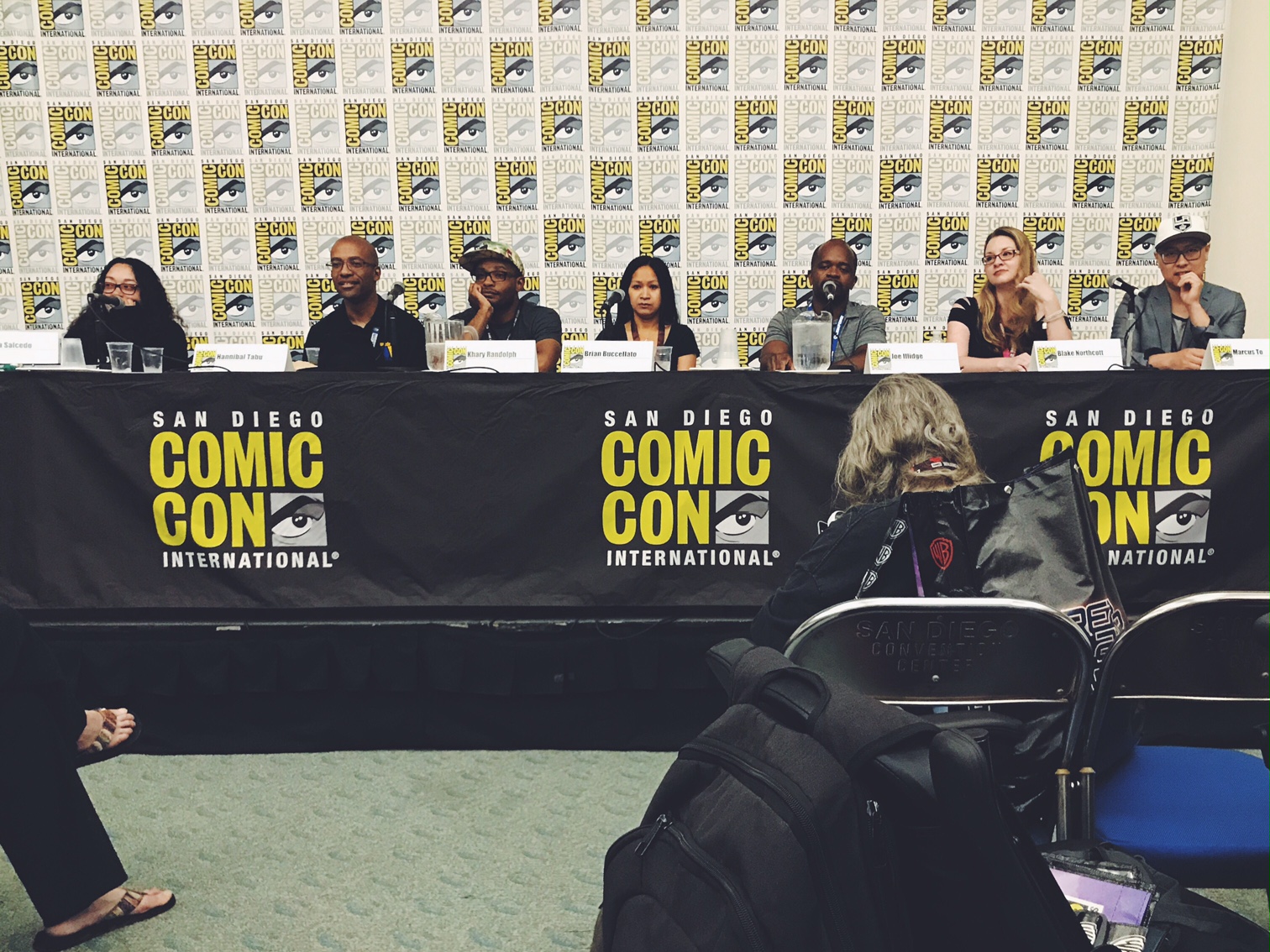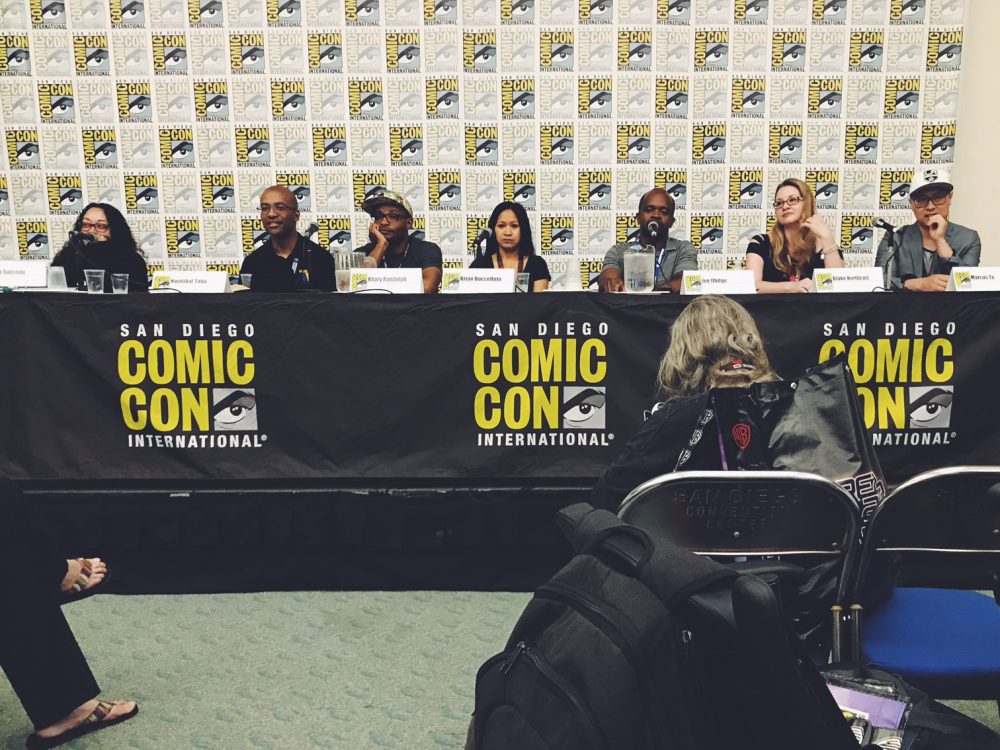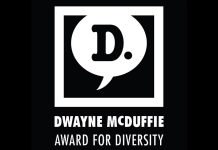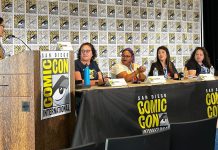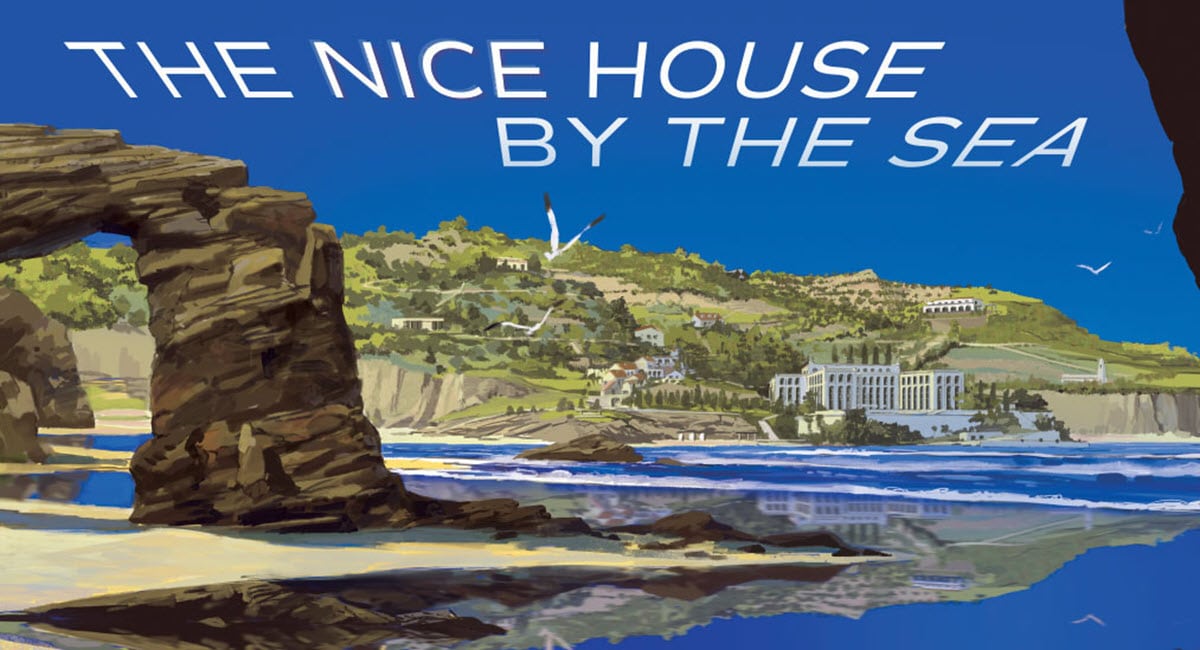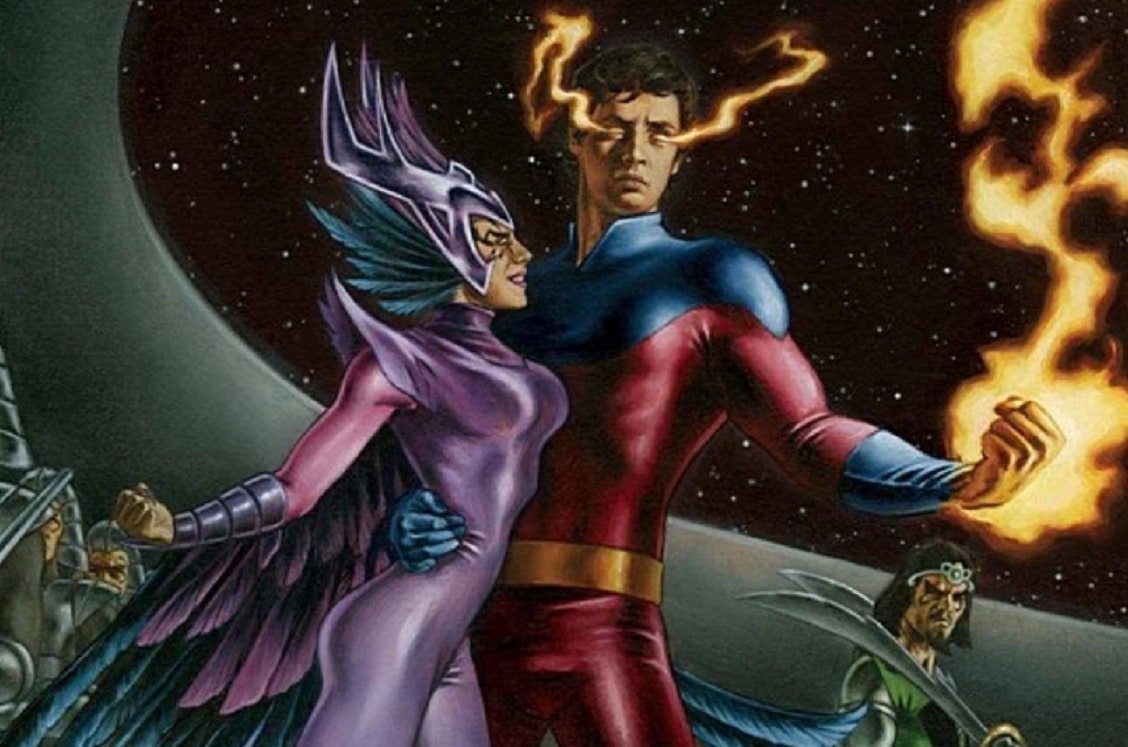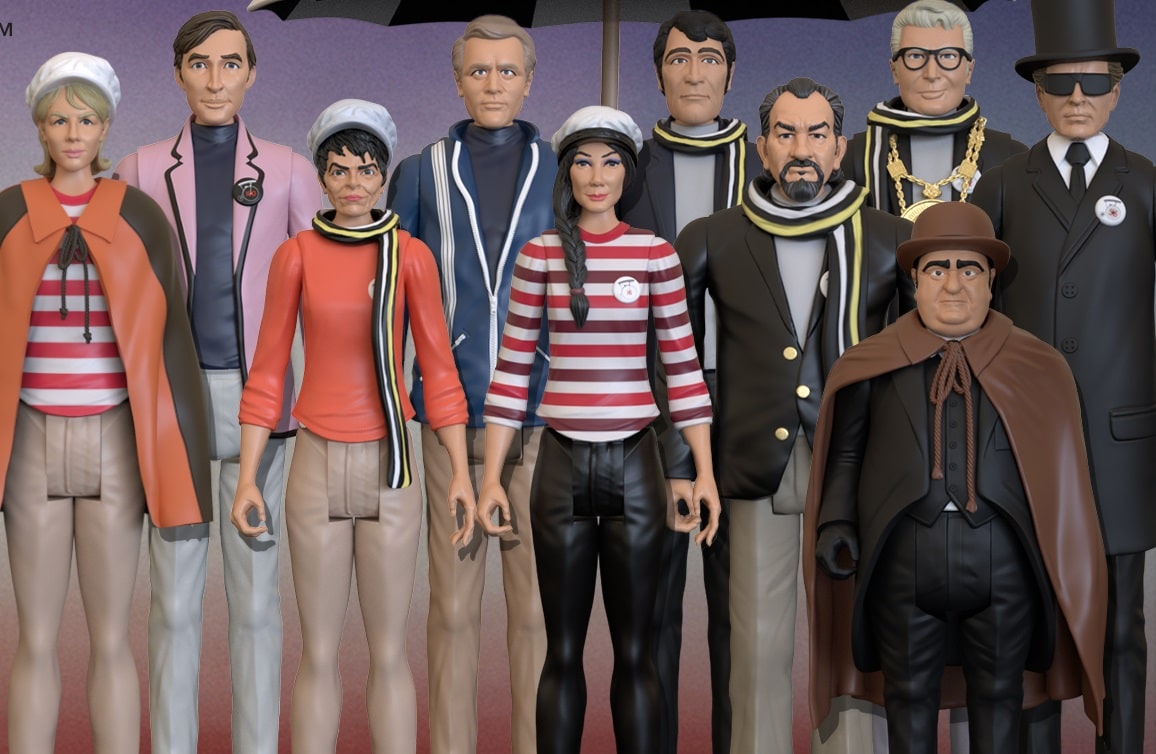By Andrea Ayres
When it comes to talking about diversity in comics there’s certainly no shortage of opinions. Vince Hernandez (VP/editor-in-chief, Aspen Comics) took some time this morning, alongside an esteemed panel of creators and industry professionals, to help parse through what the landscape modern comics looks like.
Image here (from l-r: Elena Salcedo, Hannibal Tabu, Khary Randolph, Siya Oum, Joe Illidge, Blake Northcott, Marcus To. not pictured: Vince Hernandez)
Hernandez was running a few minutes behind schedule so Joe Illidge, the senior editorial manager at Lion Forge and Hannibal Tabu (Comic Book Resources) started the conversation. Illidge began by expressing his exasperation with people implying that the word diversity somehow means anti-white. “That’s pretty ridiculous as a concept. It’s this us versus them nonsense.” He went on to explain what he believes diversity is, “Part of real diversity starts from people willing to say I don’t know the answer to that, but I want to know more because your story matters just as much as mine.”
As diversity has improved in the industry, the panelists agreed, new challenges have taken their place. Khary Randolph (Mosaic, The Amazing Spider-Man) talked a bit more about these challenges. Randolph talked about being a black artist in the early 2000s afforded him numerous opportunities, like drawing Spider-Man but how those opportunities have dwindled in recent years as diversity is discussed more.
That’s because, the panelists noted, black writers and artists are now being asked to only write, draw, or color black stories. This sentiment was also expressed by Siya Oum (artist, Lola XOXO), who said she is constantly asked to work on or provide feedback on Asian characters. It’s a double-edged sword for these creators. While it’s useful to be able talk about these subjects and provide feedback, it can also be limiting for creators who want the freedom to be able to tell more than one kind of story. What the panelists each expressed is a hope for a time where the best people get hired to write, color, and draw the best stories period. First-time panelist, Blake Northcott (Michael Turner’s Fathom) believes part of getting those stories made involves having someone higher up willing to take a chance on and believe in you. For Northcott, and a number of others on the panel, that person was moderator Vince Hernandez.
Each panelist spoke to how being a person of color has impacted their own experience within the industry. Elena Salcedo (editor-in-chief, Top Cow Productions) said she hasn’t personally experienced discrimination as a woman. But, she notes, it’s not something she would have even noticed or let get in her way.
Often, the creators say, they are the only person of color in the room and with that comes a certain kind of responsibility. It’s a pressure to ensure that any story depicting a person of color be portrayed correctly. “As being part of the other I realized I had a responsibility to look out for the representation of everyone,” said Joe Illidge. That’s the problem, Hernandez notes, with having so few people of color in the room.
The loosely structured discussion broached a number of topics including the difference between working for large publishers like DC or Marvel versus the autonomy that comes from working for smaller artist collectives, like the one Marcus To (Soulfire, Red Robin) is a part of called RAID. Marcus says working for large places like DC can present the challenge of knowing how much to push on issues surrounding diversity. To explained how there’s simply less freedom to create exactly the kind of material you want at larger publishers because there’s a script and set way of doing this.
That lack of freedom also exists on the journalism side of the comics industry. Hannibal Tabu explained how finances and the need for clicks dictate what stories get told and what don’t. There’s a real need for bravery Tabu says, “Journalists have to make decisions and choose to tell stories that are important.”
How does the industry resolve the tension of what Illidge calls “progressive segregation”? It’s a phrase he uses to address how people of color in the industry are being segregated and pigeon-holed by their ethnicity, race, gender, or sexual orientation. In order for progress to occur, the panel agrees that creators need to come from anywhere and everywhere to tell every kind of imaginable story. Change begins, Tabu says, “If you get the right people in the room.”


